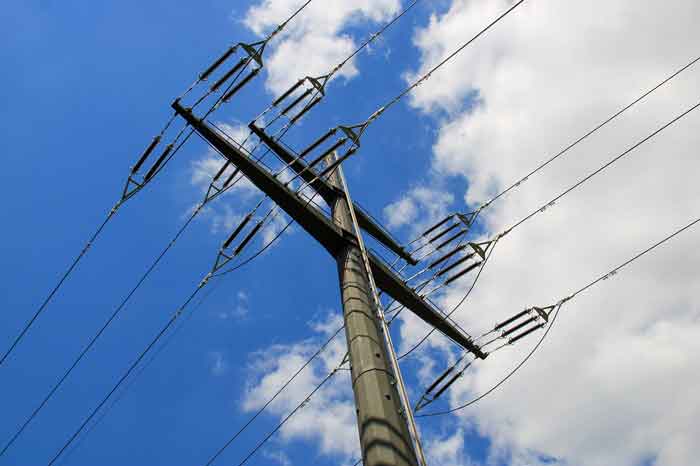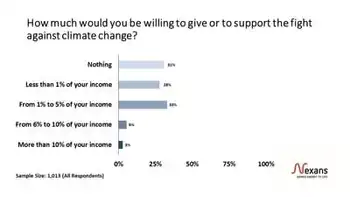Court rejects GE challenge to EPA cleanup orders
WASHINGTON, D.C. - A U.S. appeals court rejected a legal challenge by General Electric Co to the federal Environmental Protection Agency's EPA orders that direct companies to clean up hazardous waste.
The court rejected the company's argument that the law and the way EPA administers it violated constitutional due process rights because the agency issued the orders without a hearing before a neutral decision maker.
The ruling was a setback to GE's long-running effort to overturn a provision of Comprehensive Environmental Response, Compensation, and Liability Act, known as the Superfund law that seeks to ensure that polluters pay for the environmental hazards they created.
At issue were EPA's unilateral administrative orders that direct companies and others to clean up hazardous waste for which they are responsible if the sites pose an imminent and substantial threat to public safety.
Companies that fail to follow the orders can face large fines.
GE had argued that the mere issuance of an order could inflict immediate, serious, and irreparable damage by depressing a company's stock price and increasing its cost of financing.
But the three-judge panel unanimously rejected the company's arguments.
"Such 'consequential' injuries — injuries resulting not from EPA's issuance of the" order "but from market reactions to it — are insufficient to merit" constitutional due process protection, Judge David Tatel wrote in the ruling.
To the extent the regime implicated constitutionally protected property interests by imposing compliance costs and threatening fines and punitive damages, the system satisfied due process because recipients can obtain a hearing by refusing to comply and forcing EPA to sue in federal court, he said.
The appeals court upheld a federal judge's ruling in favor of EPA.
Related News

Medicine Hat Grant Winners to Upgrade Grid and Use AI for Energy Savings
MIAMI - The city of Medicine Hat, Alberta, is taking bold steps toward enhancing its energy infrastructure and reducing electricity consumption with the help of innovative technology. Recently, several grant winners have been selected to improve the city's electricity grid distribution and leverage artificial intelligence (AI) to optimize energy use. These projects promise to not only streamline energy delivery but also contribute to more sustainable practices by reducing energy waste.
Advancing the Electricity Grid
Medicine Hat’s electricity grid is undergoing a significant transformation, thanks to a new set of initiatives funded by government grants. The city has long been known…




